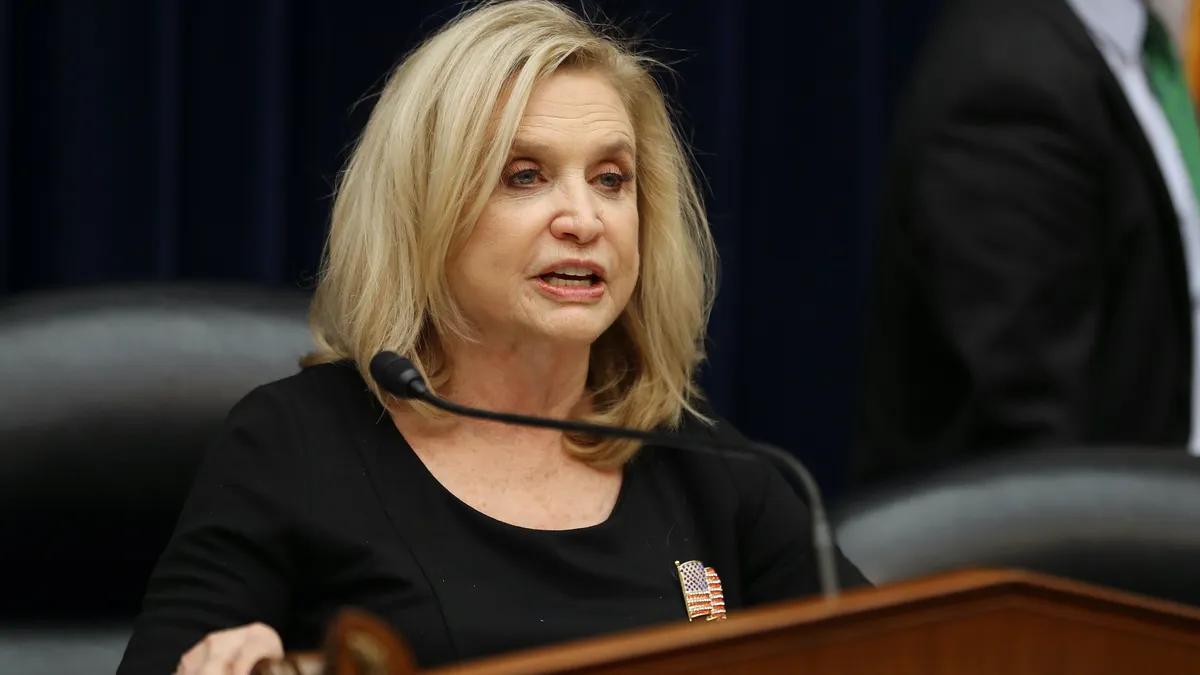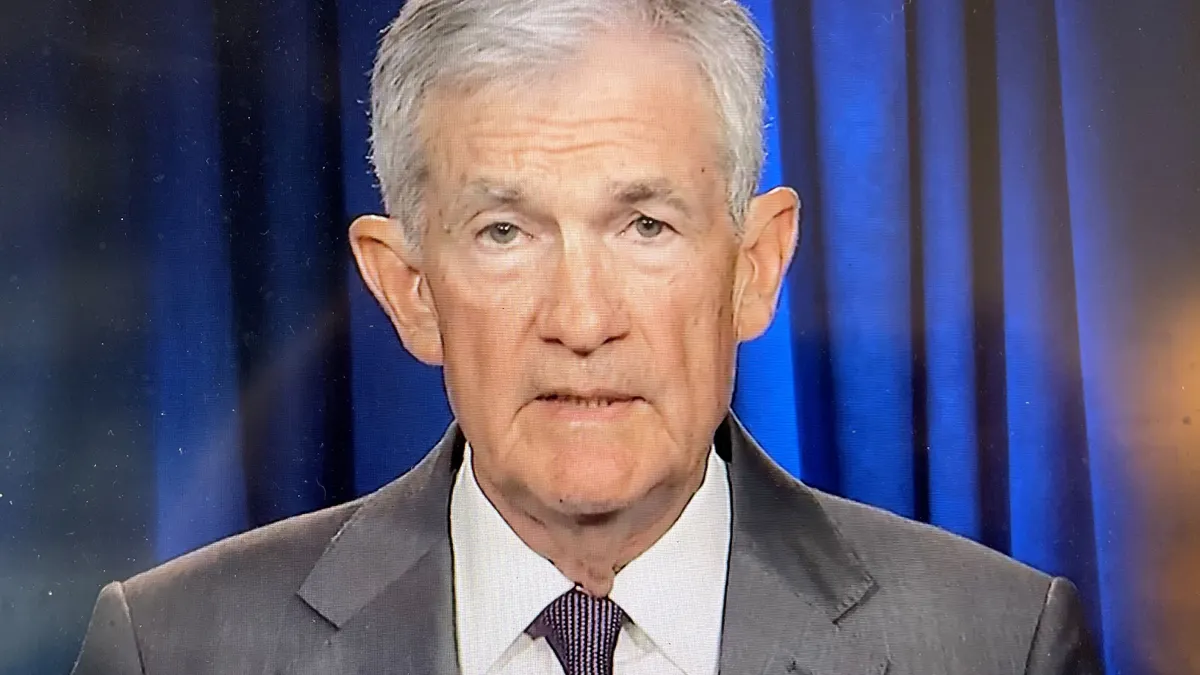For the second time this year, observers of lawmaking may be asking themselves about the future prospects for certain banking-related bills that may have been taken for granted.
Rep. Carolyn Maloney, D-NY, lost a primary Tuesday to fellow Rep. Jerrold Nadler, D-NY — both are 30-year veterans of the House — after New York lost a congressional seat from the results of the 2020 census.
What Congress may lose, when Maloney’s terms expires in January, is its leading advocate for anti-overdraft measures. Maloney’s Overdraft Protection Act has been introduced in every Congress since 2009.
The bill would prevent banks from charging a customer more than one overdraft fee in any calendar month, and would limit to six the number of overdraft fees a bank can charge a customer per year. It would also prevent banks from posting transactions in a way that maximizes overdraft fees — i.e., from largest to smallest, forcing customers to overdraw more frequently. And the bill requires banks to disclose their overdraft fee limit, opt-in policies and alternative options to overdraft coverage.
It remains to be seen whether lawmakers will press to get the measure included as an add-on to other legislation in the months before Maloney’s departure. Or whether another representative will fill the void left by Maloney’s advocacy. Maloney serves on the House Financial Services Committee but also chairs the chamber’s Committee on Oversight and Reform.
Reps. Eleanor Holmes Norton, D-DC; Stephen Lynch, D-MA; and Gerry Connolly, D-VA, would be top contenders to lead the oversight and reform panel based on seniority.
It wouldn’t be unheard of for allies of a departing legislator to put in extra effort to get their work passed before the legislative session ends.
After Rep. Ed Perlmutter, D-CO, arguably Congress’ leading cannabis-banking reform advocate, announced in January he wouldn’t seek re-election, a bipartisan group of two dozen senators wrote leadership in both chambers urging them to include cannabis banking provisions in the final text of manufacturing legislation meant to boost the U.S.’s competitiveness with China. That text was excluded in later negotiations.
But Perlmutter’s Secure and Fair Enforcement (SAFE) Banking Act — which, like Maloney’s overdraft bill, is a perennial measure, introduced in every Congress since 2013 — was included in the National Defense Authorization Act (NDAA) the House passed in July.
The measure to protect banks that service legal cannabis businesses has passed the House several times but has found roadblocks in the Senate — first from Republicans, and more recently from Democrats. Sen. Mike Crapo, R-ID refused to hold a hearing on the measure when he chaired the Senate Banking Committee in 2019, even though the bill sailed through the House, 321-103. Last year, some Senate Democrats signaled a desire to pass a more comprehensive measure that would remove cannabis from the federal list of controlled substances, rather than settle for a banking-specific bill.
It’s unclear, too, whether Maloney has the sort of support that would make fellow lawyers go out of their way to pass overdraft legislation. House Speaker Nancy Pelosi, D-CA, remained neutral in regard to the Nadler-Maloney race, saying, after Maloney’s defeat, that she would be “profoundly missed in Congress.”
Senate support, however, is another matter. Majority Leader Chuck Schumer, D-NY, endorsed Nadler, saying he leads with “courage, conviction, and brilliant legislative effectiveness.”
Maloney, in response, said “the old boys network is very, very close.”
But even the Senate’s staunchest anti-overdraft presence, Sen. Elizabeth Warren, D-MA, said during the campaign that New Yorkers are “lucky to have Jerry in Congress.”
Warren and Maloney last month, alongside Sen. Cory Booker, D-NJ, renewed a push to pass a pair of bills — Maloney’s overdraft measure among them — aimed at reining in bank fees.
Time for Maloney’s overdraft bill may be growing short in another sense. A prediction Wednesday from FiveThirtyEight gives Republicans a 78% chance of regaining the majority of House seats, making Democrat-sponsored measures more difficult to pass without significant bipartisan effort.




















